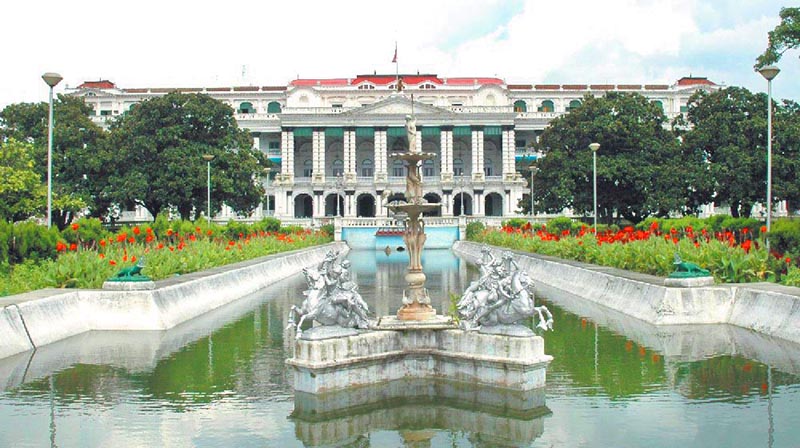Government yet to file amendment proposal on penal code in Parliament
Kathmandu, March 21
Government ministers publicly spoke about amending the provisions of the new penal code that restricted freedom of expression and criminalised defamation, but the government did not register a new bill at the Parliament Secretariat to amend the restrictive provisions.
The government had formed a task force under senior journalist Dev Prakash Tripathi mandating it to recommend amendments to the penal code. The task force had made recommendations in November, telling the government to amend provisions of the penal code from Section 21 to Section 308 that the Federation of Nepali Journalists had said curtailed press freedom.
The task force also suggested changes in Section 58 (1) of the new penal code that prohibited journalists from ‘pressuring’ the president.
Executive Director of Freedom Forum Taranath Dahal said the government’s intention to form a task force under Dev Prakash Tripathi to make recommendations about the provisions that needed to be amended was to buy time because the civil society had already identified the clauses of the penal code that restricted freedom of expression and press freedom.
“Had the government fair intention to amend the penal code, it could have already moved an amendment bill in the Parliament immediately after the Tripathi-led task force submitted its report,” he argued.
Dahal said government ministers’ statement that press freedom would not be curtailed, did not match their action as the government introduced Information Technology Bill, Advertisement Regulation Bill proposing to restrict people’s freedom and to criminalise defamation. “It is worrying that the government’s one after another action intends to curtail freedom of expression but the role of civil society members and the opposition parties remain ineffective in checking the government’s wrong acts,” Dahal said.
FNJ President Govinda Acharya said the government which was supposed to amend the restrictive provisions of the penal code in the current session of the Parliament did not even register an amendment bill.
The government had told us that it would amend the penal code to allow the press to criticise the government, the Parliament to allow photo journalists to take pictures of individuals at public places.
“Penal code must be amended to ensure free press,” he said.
Section 50 (3) prohibits people from making hateful expression against the government without any valid ground for the same.
Section 293 prohibits listening or recording conversations without consent; Section 294 prohibits publicising private information without consent and Section 295 prohibits taking photos without consent.
Similarly, Section 296 prohibits selling or publishing of photos for commercial purpose without the consent of the subject in the photographs; Section 298 prohibits receiving or sending or publishing unauthorised information on an electronic medium; Section 305 prohibits slander; and Section 306 prohibits libel, including those in satirical ways.






